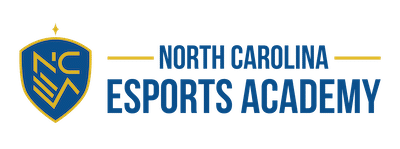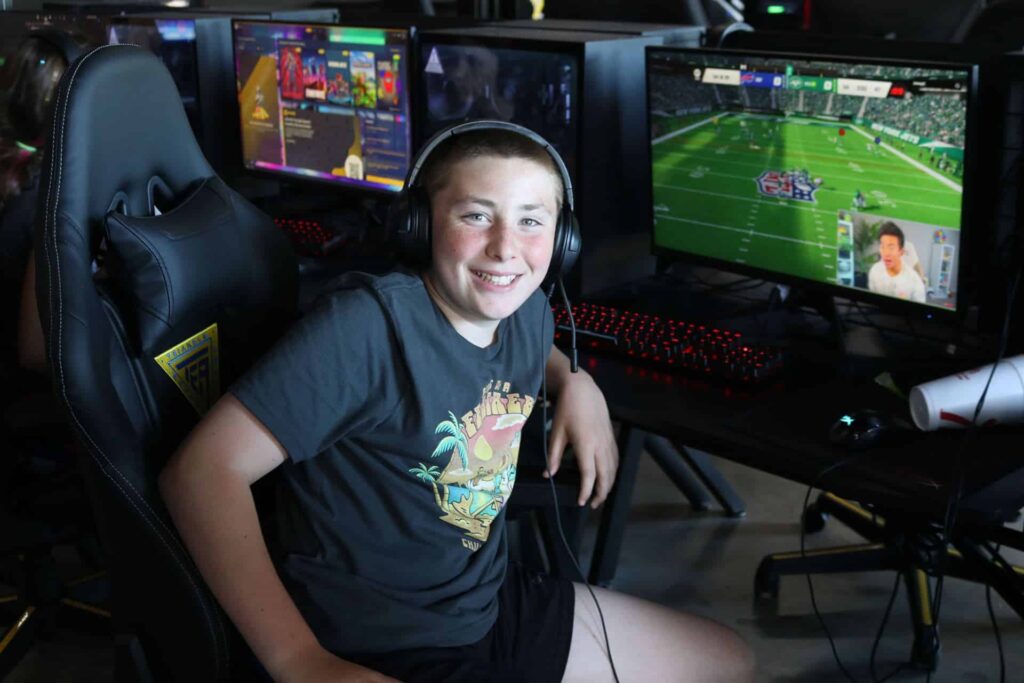On May 31st, I attended the first ever NC Esports Summit. The event was held at the Raleigh Convention Center and put on by Visit NC (a branch of the Economic Development Partnership of North Carolina), Visit Raleigh (Greater Raleigh Convention and Visitors Bureau) and PlayHRDR Advisors.
Key Takeaways
The event aimed to engage destinations, parks & recreation departments, and municipalities, alongside providers like the North Carolina Esports Academy. I often criticize esports in North Carolina and the Raleigh area, but this event was definitely a step in the right direction to grow grassroots esports in North Carolina.
Cons
Let’s start with the only real valid criticism (besides the food). As a whole, the event did not offer an explanation on how to navigate with the gaming community. For example, working with the gaming community offers a variety of challenges. From our experience most organizations understand how to run tournaments well, but it is another battle entirely to generate quality revenue and profit from hosting a tournament…not to mention they often struggle to break even.
A more in-depth discussion on this topic was clearly missing from the event as a whole, and it is something to consider when looking to the future of the gaming community.
1. Tailored Presentations
The event featured two distinct presentation rooms, ensuring content was relevant and targeted. This separation allowed destinations and parks & rec departments to receive information important to their unique needs.
2. Importance of Market Research
A crucial takeaway from the summit was the emphasis on thorough market research. Different regions, even within the same county, have varied demographics, interests, and economic conditions. Connecting with local gaming communities and understanding their experiences and needs is vital for the success of esports events. For example, the Outer Banks can offset esports event losses with tourism revenue, a luxury not available to most other areas in North Carolina.
The population has different age brackets, income levels, interests, etc. Therefore connecting with the local gaming community and asking lots of questions and finding the pros and cons/positives and negatives of their experience is helpful to being successful with esports.
3. Service Provider Showcases
Service providers, including the North Carolina Esports Academy, were given brief windows to present their offerings. While informative, the lack of a Q&A session was a missed opportunity. A panel discussion featuring these providers could have added substantial value by offering firsthand insights and practical advice to the audience.
4. Realistic Expectations
The summit organizers made it clear that attracting major esports events like those in Raleigh and Charlotte was not the goal. Instead, the focus was on realistic, sustainable operations for smaller-scale events, which is a more attainable objective for most North Carolina destinations.
5. Networking Opportunities
Networking was a significant positive aspect of the summit, fostering connections and collaborations among attendees. However, the event’s success will ultimately depend on the execution of ideas and strategies discussed by participants.
Conclusion
The first NC Esports Summit was a commendable effort to boost grassroots esports in North Carolina. While there were areas for improvement, such as better navigation advice for the gaming community and more interactive sessions with service providers, the event laid a solid foundation. Continued collaboration and implementation of market research insights will be key to future successes in.

